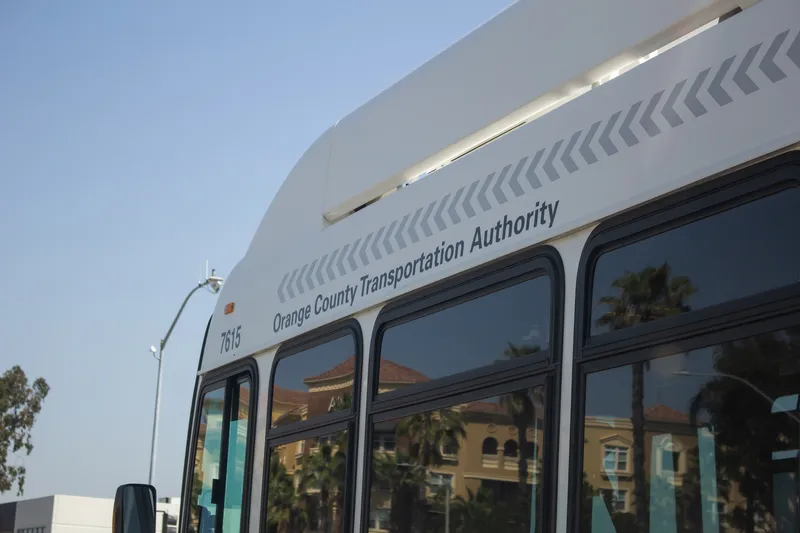
Control Technologies is upgrading real-time traffic signal systems in the US city of Boston in order to reduce bus transit delays.
The upgrade is part of the Better Bus project by the Massachusetts Bay Transportation Authority (MBTA). It was found that up to 50% of transit delay consists of waiting at red lights in signalised intersections. The upgrades have the potential to significantly reduce that time, according to MBTA and city of Boston.
The decision to upgrade comes after MBTA and Boston ran a three-intersection one-year proof-of-concept test. The traffic signal software was deployed last July and since then buses have spent 21% less time waiting at red lights on average and arrived at a green light 5% more often.

This resulted in 8% faster travel times with each bus saving an average of 16 seconds for a combined total of 110 minutes saved each weekday. Travel time savings were even greater during peak hours.
The MBTA and the City of Boston said that they have been working hand in hand with Boston’s traffic signal vendor, Control Technologies (CTI), to manage the project and update Boston’s traffic management centre software to be more flexible in signal timing. Helping CTI will be Lyt, which will use its machine-learning TSP (transit priority technology) to track and predict a bus’s location. This will enable Boston’s traffic management centre to prioritise a green light for the bus as the bus approaches each intersection.
Lyt's AI-powered, open architecture, machine learning technology enables a suite of transit signal priority and emergency vehicle preemption solutions that use pre-existing vehicle tracking sensors and city communication networks to dynamically adjust the phase and timing of traffic signals.
“The MBTA Transit Priority Group, Better Bus Project and municipalities have strategically implemented initiatives to improve bus travel times with transit signal priority and dedicated bus lanes,” said Monica Tibbits-Nutt, secretary and chief executive of Massachusetts Department of Transportation. “Their collaboration and innovative ideas are a catalyst for getting people out of cars and onto public transportation.”
“Traditionally, traffic signals have been timed without prioritising the flow of bus routes,” said Michelle Wu, mayor of Boston. “This is another step to retime signals to keep traffic moving for all road users in our city.”








